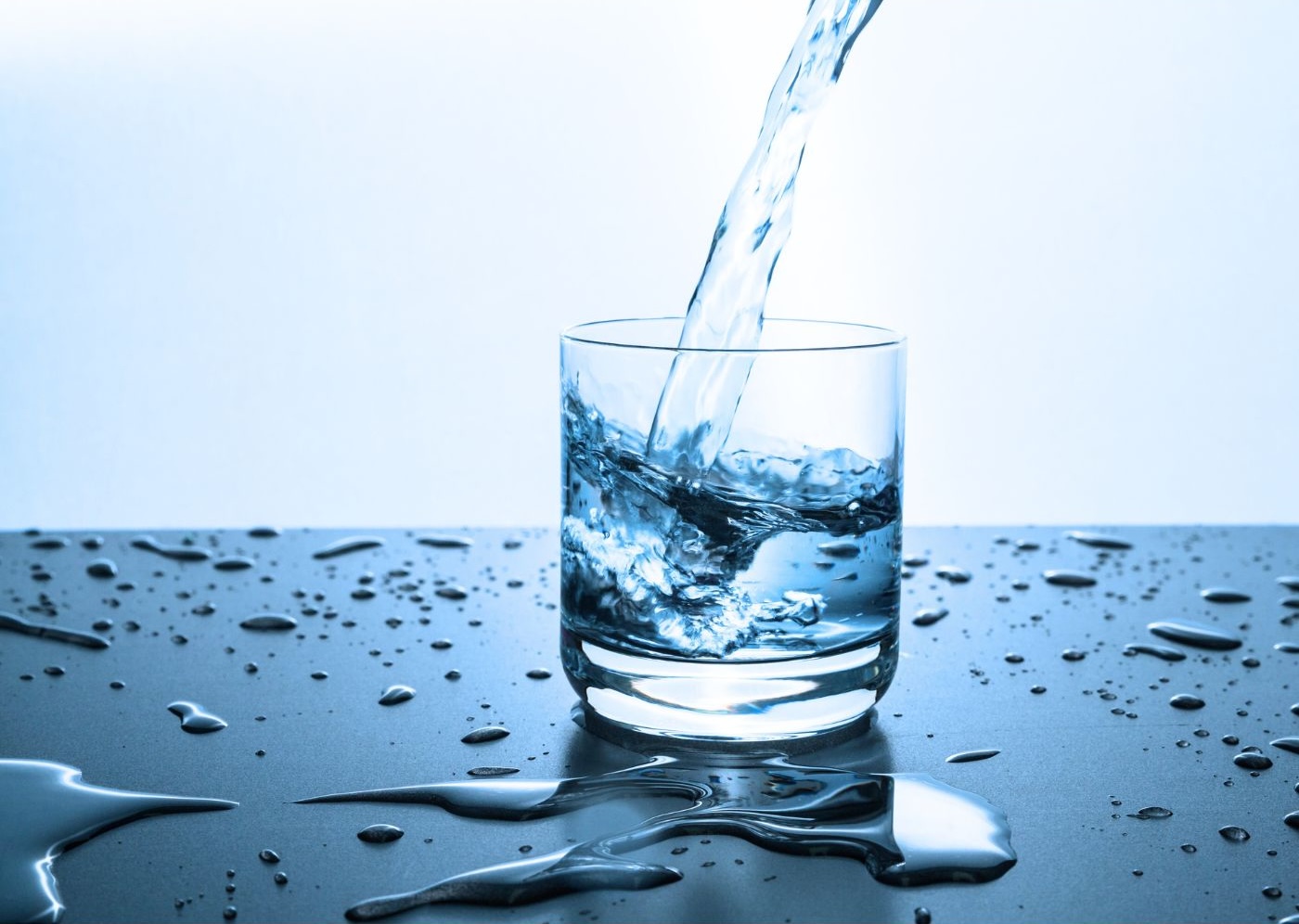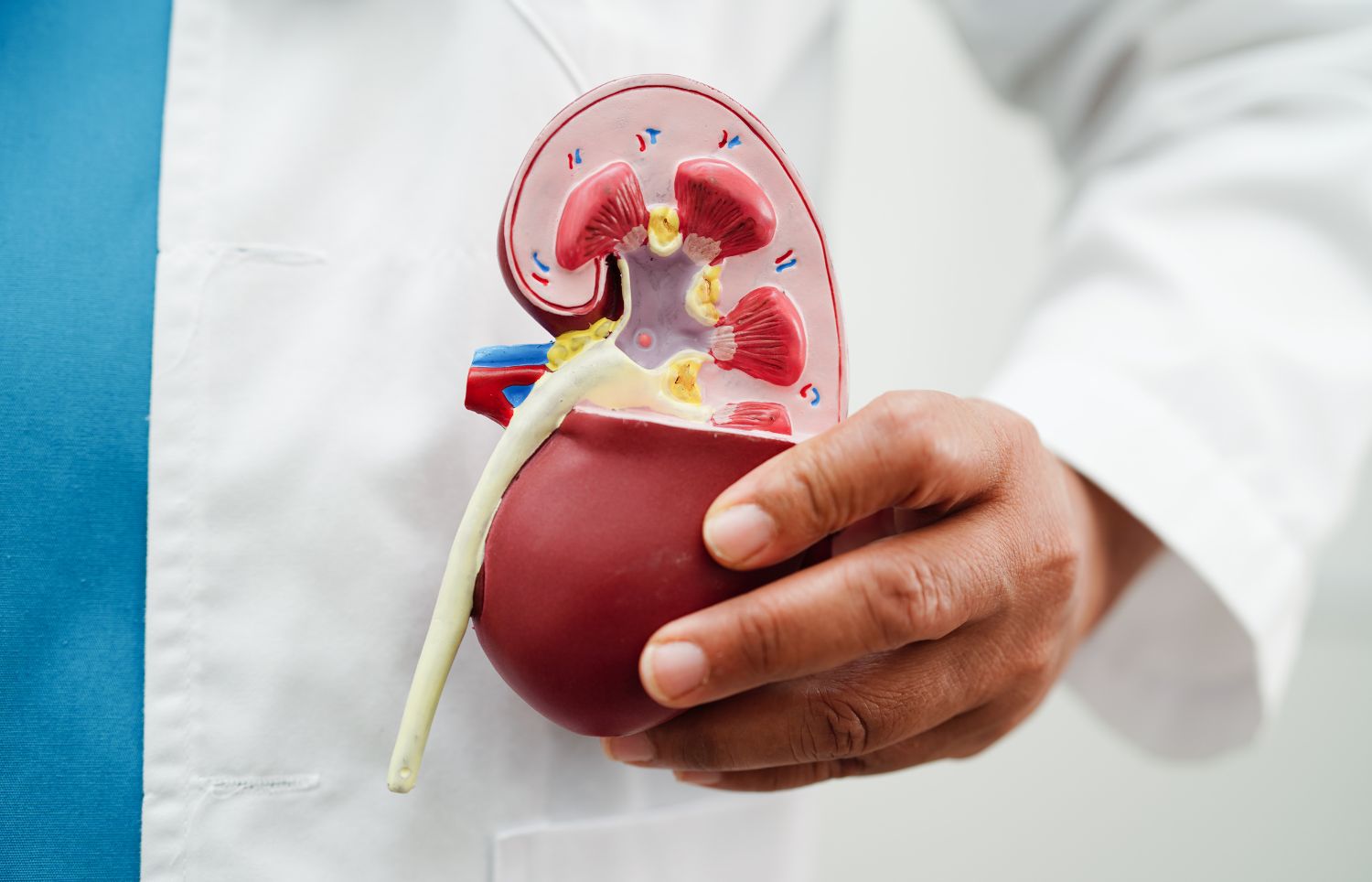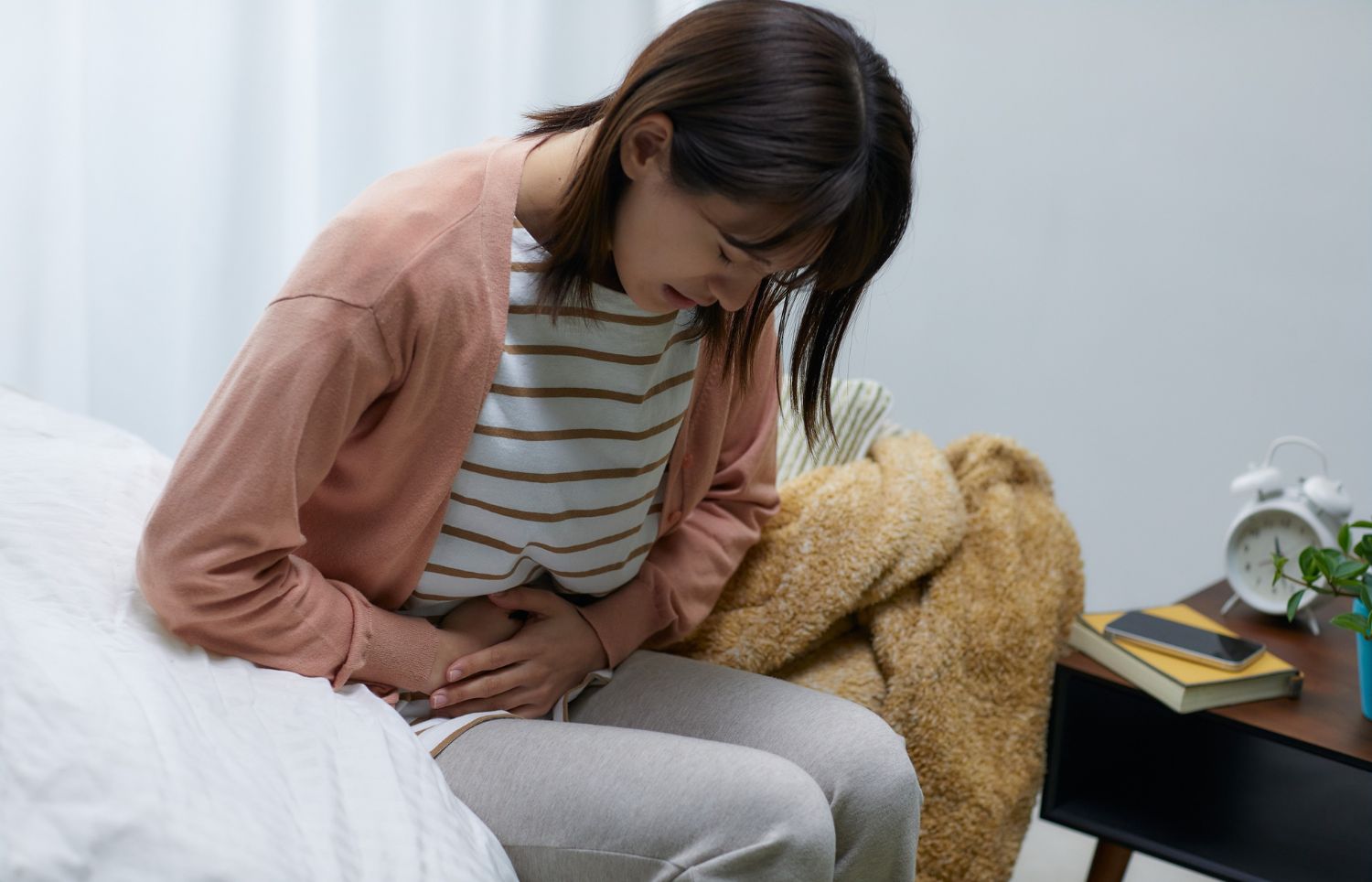Gastroenteritis is a condition that causes inflammation of the stomach and bowel. It can be caused by a bacterial infection or viral infection. Food poisoning is also a common cause of gastroenteritis. Gastroenteritis can be very contagious and is easily passed from person to person if caused by a viral infection. Symptoms don’t usually last very long. It can very from two days to a few weeks but commonly lasts less than a week.
Symptoms Of Gastroenteritis
Gastroenteritis can cause very unpleasant symptoms including:
- Watery diarrhoea
- Nausea and vomiting
- Abdominal cramps
- Muscle aches
- Fever
- Flu-like symptoms
How Is Gastroenteritis Diagnosed?
Gastroenteritis can easily be identified from the tell-tale symptoms. Most people can manage their symptoms at home without the need for any medical intervention. It is best to avoid going to GP’s surgeries with symptoms of diarrhoea and vomiting in order to limit the spread of germs. If your symptoms are severe it is best to telephone your practice to ask for advice and they will assess if you need any further treatment.
Gastroenteritis Treatments
Cases of gastroenteritis although unpleasant are usually mild and don’t require any medical treatment. There are some conservative steps that you can take to aid your recovery. Staying hydrated is essential.
CONSERVATIVE TREATMENTS
Diet and Lifestyle
You may find it difficult to eat whilst suffering from gastroenteritis so focus on staying hydrated. It is best to stick to water or weak squashes. Some sports drinks can also help replace the sugars and salts that are lost during these episodes. Avoid fizzy drinks and strong fruit juices as these will not rehydrate and can irritate the stomach. Similarly avoid eating fatty and spicy foods for the same reason. If you do feel like eating, stick to plain foods and small meals at regular intervals for energy. Some people find that they are sensitive to dairy products for a few weeks after gastroenteritis so it can be helpful to avoid these if you can until you are feeling well.
Oral Rehydration Solutions
These aren’t necessary if you’re otherwise fit and strong but can be helpful to those who have a compromised immune system or chronic health condition, or are aged over 60. Oral rehydration solutions contain the right sugars and electrolytes needed by your body for hydration. You can purchase these over the counter from a pharmacy.
Preventing Spread
To avoid reinfection it’s best to prevent the spread of germs which can be highly contagious. If you contract diarrhoea and vomiting stay at home and avoid going back to school or work until 48 hours after your symptoms have passed. Try not to visit your GP or hospital to avoid passing on the virus to those who are more vulnerable. Wash hands regularly and wipe down surfaces and door handles that have been touched.
MEDICINAL
Antimotility Medication
Medications such as loperamide, more commonly known as Imodium can slow down the bowel and hold off symptoms for a short burst if it is essential. It is best to avoid using these as it can make symptoms more severe in some cases. Do not use this medication is you have blood or mucus in your stool and have a fever. Loperamide can also cause uncomfortable bloating and abdominal pain in some people. It is best to let the illness take its course.
Further information and downloads can be found in the RESOURCES section. Living with a bladder or bowel condition or caring for someone with a bladder and bowel condition can affect you emotionally and socially; sometimes it can help to speak to others who understand your situation. The Bladder & Bowel Community Support Group is available 24 hours today and will allow you to connect with those who share your condition. Start your own topic today or just follow one that interests you.









